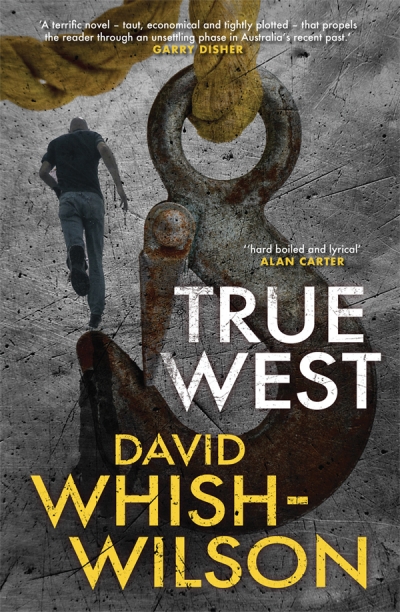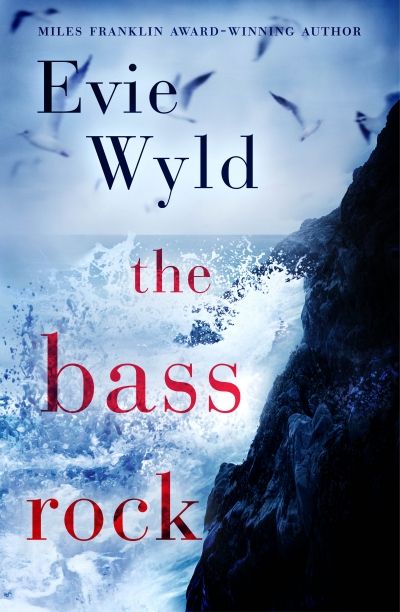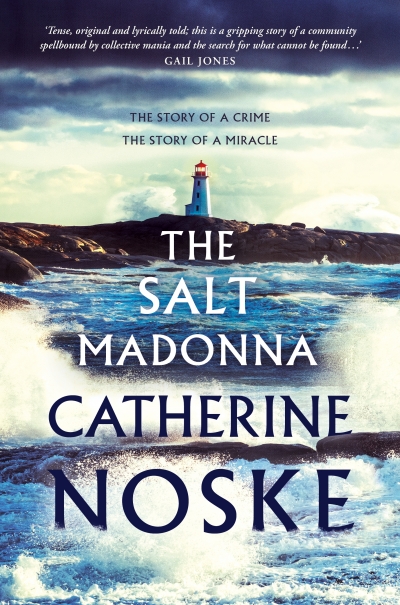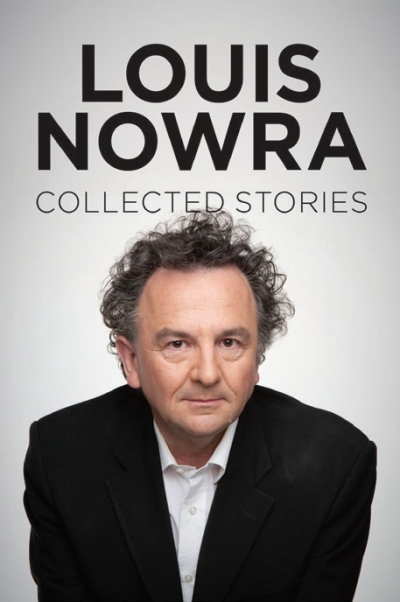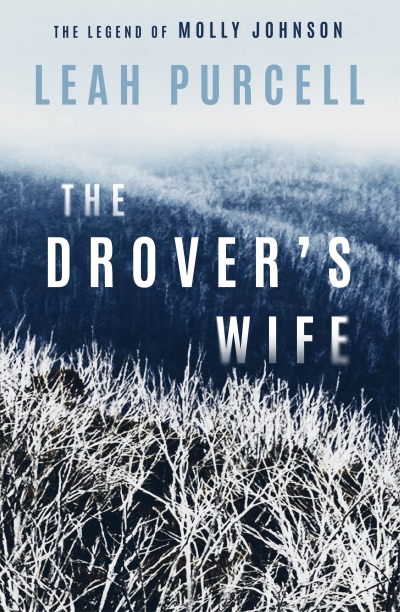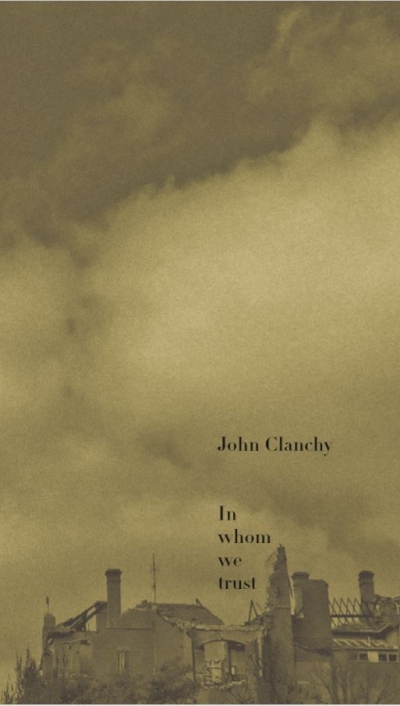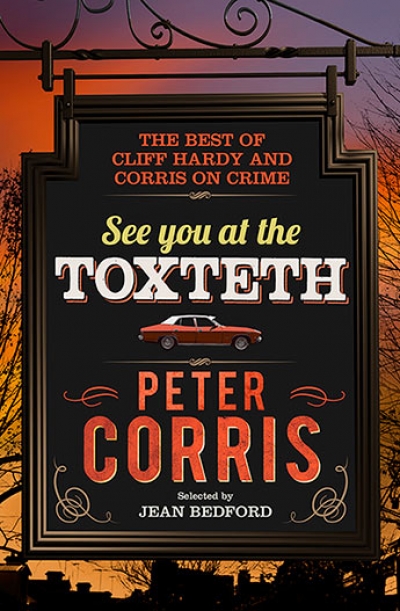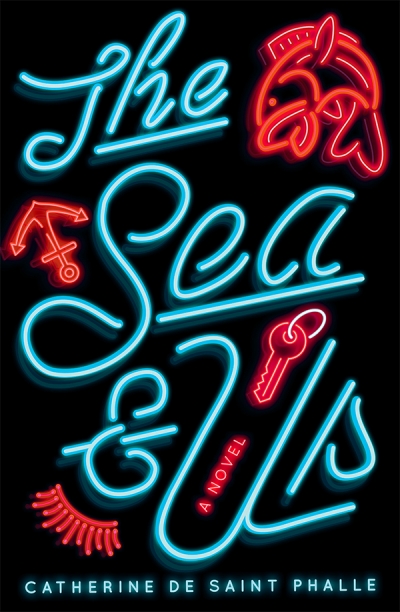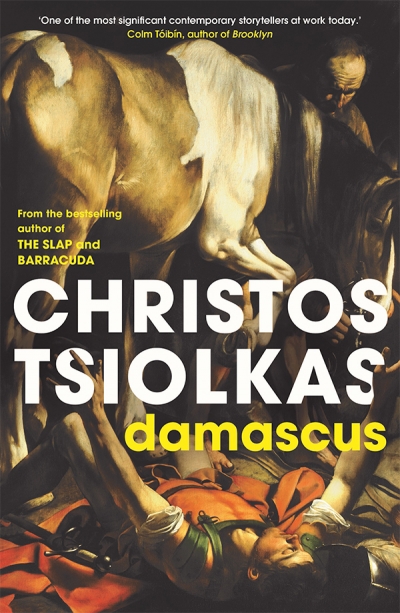Australian Fiction
The Drover’s Wife: The legend of Molly Johnson by Leah Purcell
by Ellen van Neerven •
See You at the Toxteth by Peter Corris, selected by Jean Bedford & The Red Hand by Peter Temple
by Chris Flynn •
These are exciting times when the new normal for Australian crime fiction is strong domestic interest and sales, but also international attention in the form of Australian-only panels at overseas writers’ festivals, plus regular nominations and awards in Germany, the United States, and the United Kingdom. Whether this is a literary fad or sustainable in the long term – with Australian crime fiction becoming a recognisable ‘brand’ in the manner of Scandi-noir or Tartan-noir – will depend largely upon the sustained quality of the novels produced here.
... (read more)
